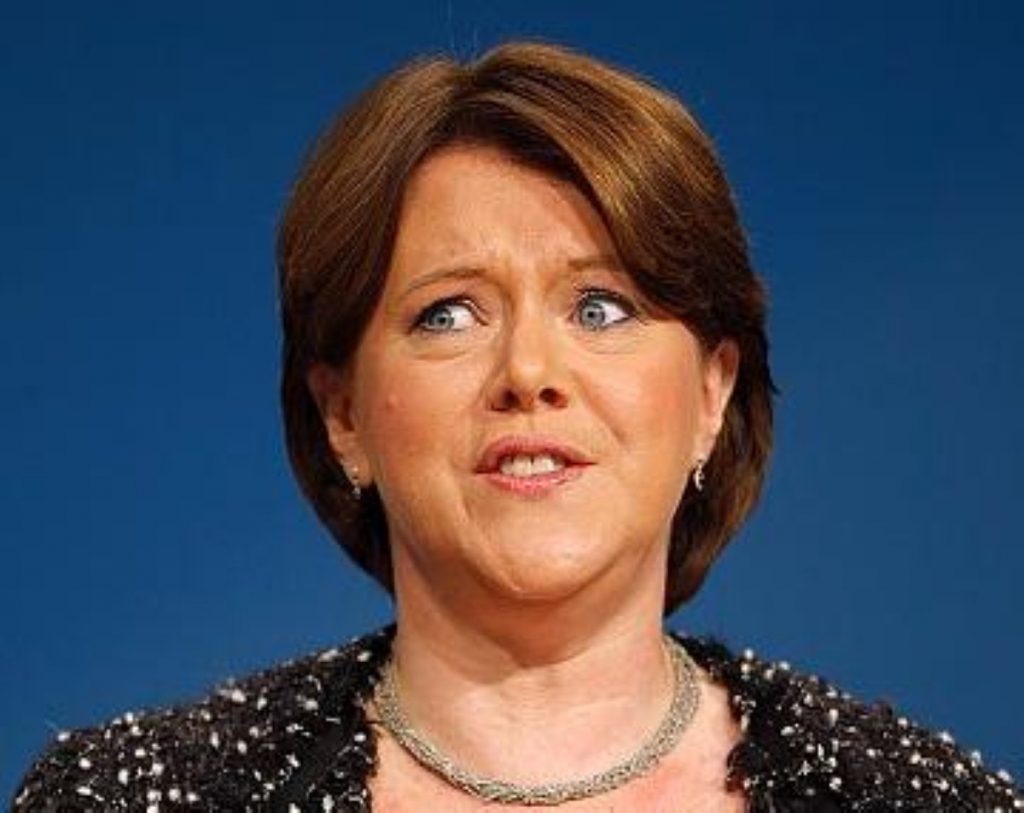After the war, surrender: Govt buckles to press
The government appeared to buckle to the press in the ongoing row over regulation yesterday, when Maria Miller invited publishers to set up their own body rather than submit to the state-backed royal charter.
In a move which highlighted how powerless the government was to force publishers into the state regulator, the media secretary said the "most important thing that happens now is for the press to go forward with their own self-regulatory body".
Appearing on the Andrew Marr programme, she added: "Really, the only role of the government was to oversee the traffic of the royal charter being put in place, which is a set of principles that will guide that [self-regulatory body]."
Pushed on whether nothing else needed to happen if the press regulator was established, she answered: "Ultimately yes."


The comments will be treated as a de-facto admittance of defeat for the government, which has no legal instruments at hand to force publishers into its regulator.
Newspapers groups, including the Sun, Times, Telegraph, Daily Mail and the Mirror, are now expected to set up their own regulator.
The biggest threat to the publishers comes more from the courts than parliament.
The passing of the royal charter opens the door for a judge to impose a financial penalty on a newspaper even when it wins a libel case – although any such move would have to wait for a year until the state-backed regulator is established.
The door for that move was opened up by the Leveson report's demand that a regulator include a cheap arbitration service and that the press face financial consequences for not taking advantage of it.
Many publishers have been critical of plans for the arbitration service, amid fears it would result in a tide of complaints due to the lowering of financial restrictions on claims.
But a future decision by a judge to impose costs in the case of a victorious libel case could be enough to change the terms of debate and push publishers towards the state-backed regulator.
Staying outside the regulator could also mean publishers face exemplary damages in cases of sustained and serious libel, although this is likely to be far less common.
The press regulator – called Ipso – is not supported by the Guardian, the Independent or the Financial Times, raising the question of what those three outlets plan to do.
Most local publishers are expected to join Ipso.

